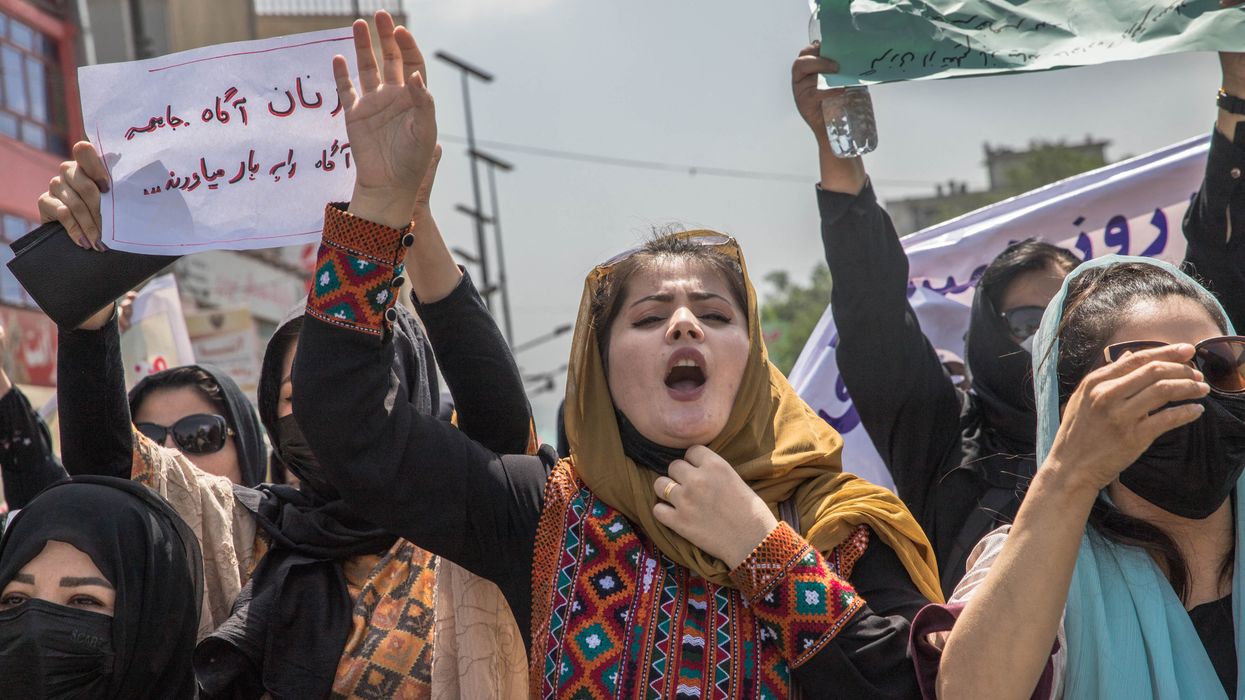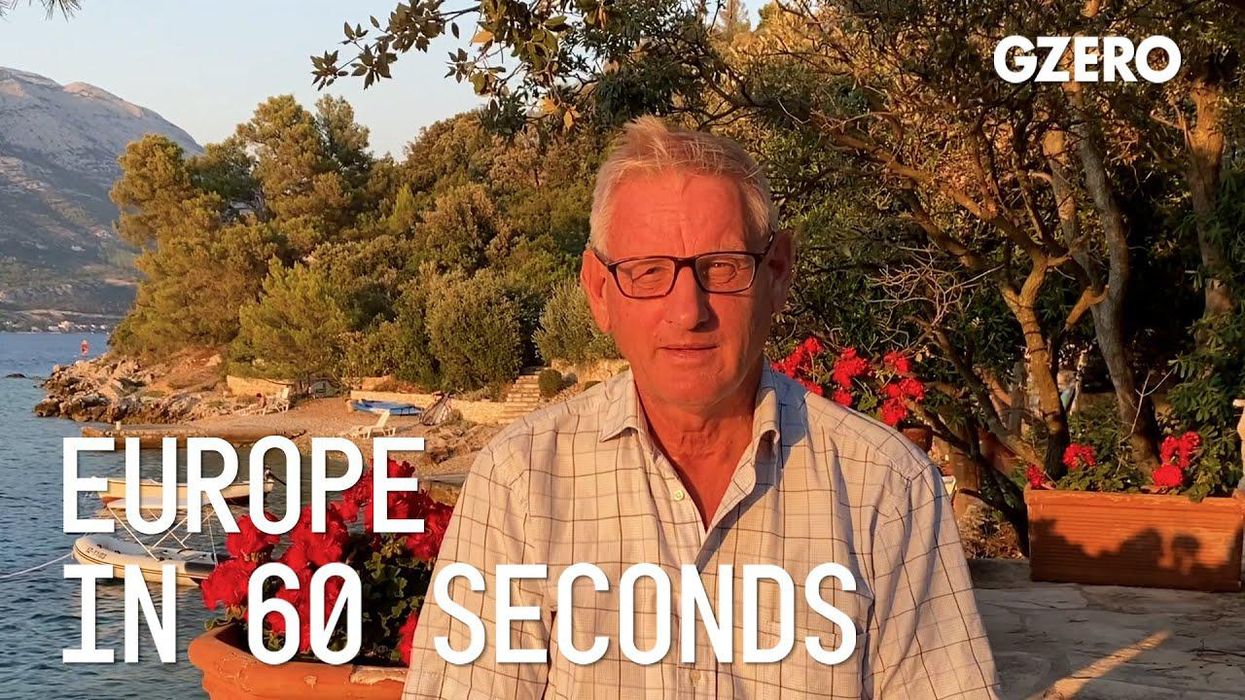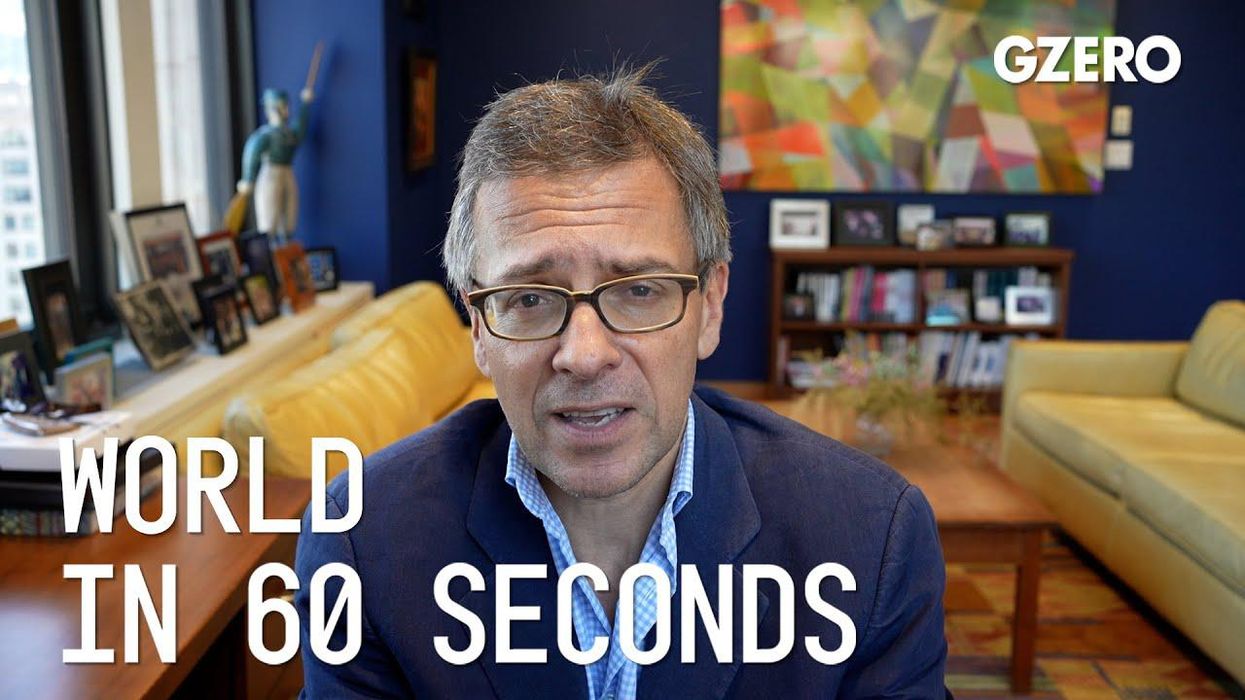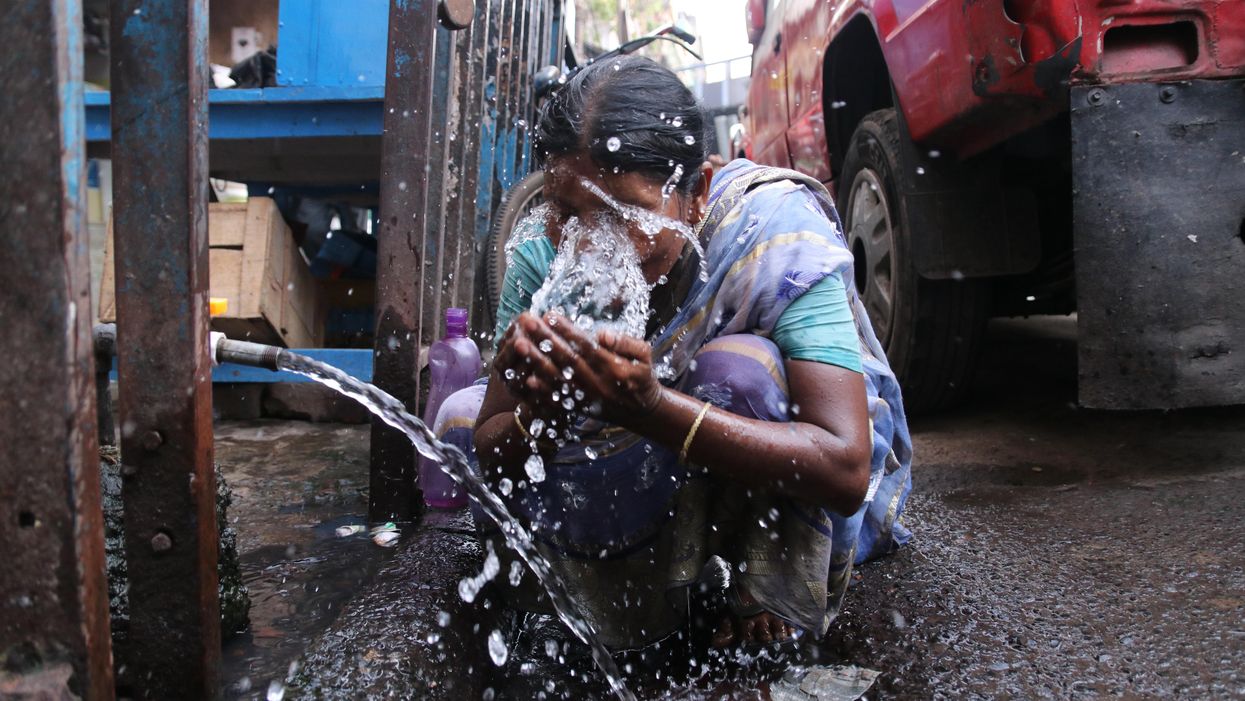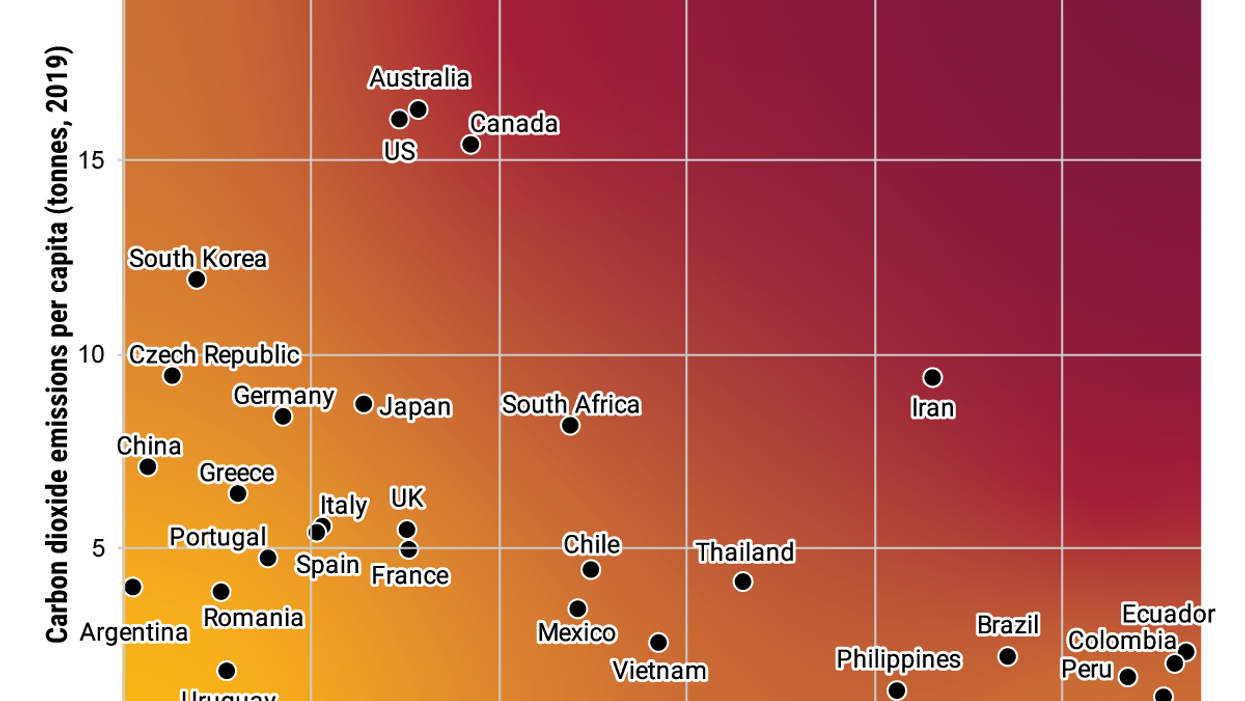News
Hard Numbers: Afghan women protest, gunman kills two in New Zealand, Eastern Europe seeks import ban extension, Phoenix melts
50: In Afghanistan, where women’s rights have been increasingly restricted since the Taliban returned to power in 2021, 50 women dared to protest in Kabul on Wednesday. The demonstrations were a response to the Taliban closing beauty salons, further restricting the public spaces accessible to women.
Jul 19, 2023
